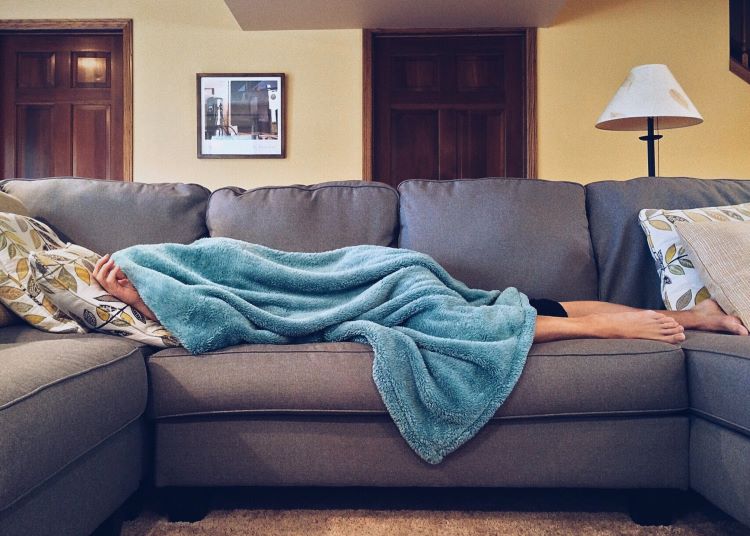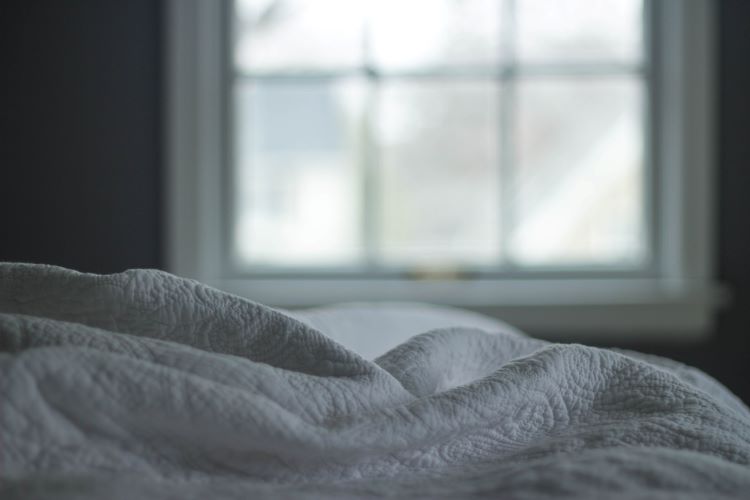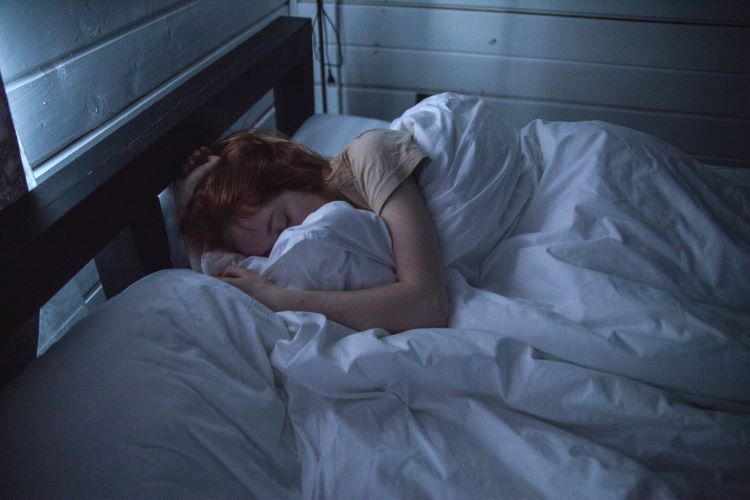While your house/apartment is your micro-home, the neighborhood outside your house is what experts would call your macro home. On a much larger scale, you also live in a specific city, state and country. Here’s what you might not realize. Everything about where you live has the potential to affect the quality and length of your sleep.
In a recent study done at the University of Michigan in Ann Arbor, Michigan, people in 100 different countries were surveyed about their sleeping habits. What the study indicated from 5,400 respondents was that the sleep habits of Americans are quite different than those of the residents in many of the other countries included in the survey.
The following discussion is going to focus on how living in America and certain parts of the country affects your sleep habits and the quality of the sleep you get.

Bedtime Time and Awake Time
Because of traffic congestion in larger cities, Americans tend to wake up earlier in the morning than other countries to ready themselves for the ensuing battle they are going to face trying to get to work. Americans also wake earlier than other countries because school starts earlier. Because of the time earlier time Americans get going in the morning, it often results in them going to bed earlier in the evening.
Duration of Sleep
The University of Michigan survey indicated people in the Netherlands sleep the most at 8.09 hours per night. At the other end of the spectrum, Singapore residents get the least amount of sleep at 7.4 hours per night. Americans fall somewhere right in the middle at 7.87 hours of sleep per night.
Small Cities Versus Big Cities
In the nation’s smaller cities, there’s a lot less hustle and bustle. With less stress with which to deal, residents in smaller cities tend to sleep better and longer than their counterparts in bigger cities. Remember, rural communities often include farms in nonindustrial neighborhoods.
In larger cities, everything is on the move 24/7. The cities have more traffic, higher levels of pollution and higher levels of crimes. On a personal level, these kinds of issues create a lot of extra stress for residents. That usually translates to poorer sleeping habits and the occurrence of more sleep disorders.

Industrial Areas Versus Service-Oriented Areas
In heavily populated industrial areas in states like Kentucky, Pennsylvania, Indiana, Ohio and Illinois, city residents have to deal with denser populations, which create more pollution, crime and noise. That would certainly account for some of the reasons why blue color residents have poorer sleeping habits than folks that live in high-income service-oriented areas.
In places like Silicon Valley, the clean, modern communities and a more relaxed approach to work often result in lower levels of stress for people who live in these areas. Lower levels of stress will almost always translate into better sleeping habits.
If you have difficulty sleeping at night, you might consider looking at where you live. If you live in an area that seems a little too energetic and congested for your liking, you might want to consider relocating to an area that creates less stress in your life.



